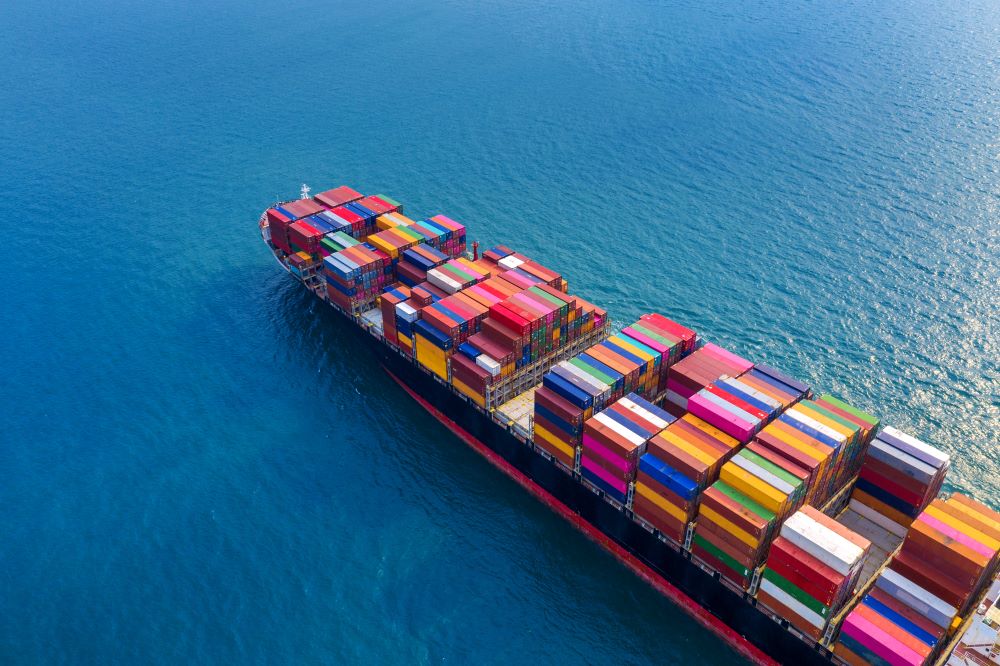
International trade and global politics have long been interlinked.
The movement of goods across borders will always be impacted by international politics, as the last few years have demonstrated. Even since the end of Covid, we’ve seen regional alliances shift and contract, and Russia’s invasion of Ukraine disrupt international shipping lanes.
Over the last few days, London International Shipping Week has been focused on this question of trade and geopolitics, with a number of expert panellists discussing what this means for importers and exporters across the world.
Optimism
The first theme from discussions across the week's events was the resilience of both shipping and trade.
“We're actually a little bit more optimistic about trade prospects in the short term than we were at the start of the year,” Stephen Gordon, MD at Clarkson’s Research, told the audience during a panel discussion on Building Resilience Through Trade.
“We have a lot of negative headlines out of China exports, but when we look at the volume, it's quite positive.”
He said that global shipping, the main carrier of international trade, had been quick to rebound from the Covid pandemic and looked remarkably resilient in the future.
Gordon said that Clarkson’s analysis showed that trade was likely to get more complex rather than slow down completely, despite some of the grimmer predictions on the wider economy.
Global
It was “too early to talk about reversing globalisation”, he added, pointing to US trade remaining stable with most Asian nations, despite falling with China.
“We still believe that there will be trade growth,” added Gordon, noting that growth was likely to slow down but still remain relatively stable, despite increasingly complex world politics.
Many ‘blocs’ were forming, such as a Latin America group and ‘the West’, but many would continue to trade with each other.
Commodities
There was also likely to be a restructuring of how commodities were obtained, with trade flows changing as a result of geopolitics and changing alliances.
Laure Baratgin, head of commercial operations at Rio Tinto, said that she was seeing wider evidence of countries moving different parts of the commodity value chain and trying to shorten routes.
Ports were also becoming better able to handle larger ships across the world, as countries and companies invested more in their global supply chain.
Other areas, such as the Western Balkans or Latin America, were seeing more investment in critical minerals as they looked to take advantage of changing trade patterns. Serbia and Argentina in particular were named as a future potential sources of lithium production and processing.
Flashpoints and chokepoints
In another panel on geopolitics and shipping, held under Chatham House rules, one panellist mentioned the Western Balkans as a possible flashpoint in international relations, citing its location between western nations and Russia as a major reason.
Another panellist pointed out that, despite all the talk about the US and EU decoupling from China, the Asian nation was importing record levels of commodities, and is dependent on these foreign imports to keep its economy growing.
Trade flows
One panellist predicted the creation of a cartel, similar to the Organization of the Petroleum Exporting Countries (OPEC), but for critical minerals instead of oil.
A major concern was how rising tensions would hit common ‘chokepoints’ through which international trade flowed.
The ongoing war in Ukraine provided a clear example, as the conflict created a ‘chokepoint’ in the Black Sea through which food and energy commodities flowed.
Ukraine war
A few key trading lanes getting snarled up by geopolitics could be a regular feature of geopolitics and trade in the future, was another conclusion drawn by the panellists.
The straits around Taiwan were cited as another possible risk point in international trade.
“We’ve seen how this has happened in the Suez Canal, in a limited way, when the Ever Given was stuck,” said one speaker, adding that the collapse of a single government controlling a major passage was another risk factor.



